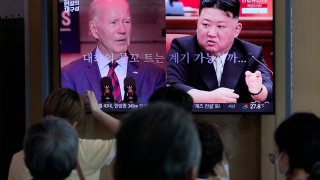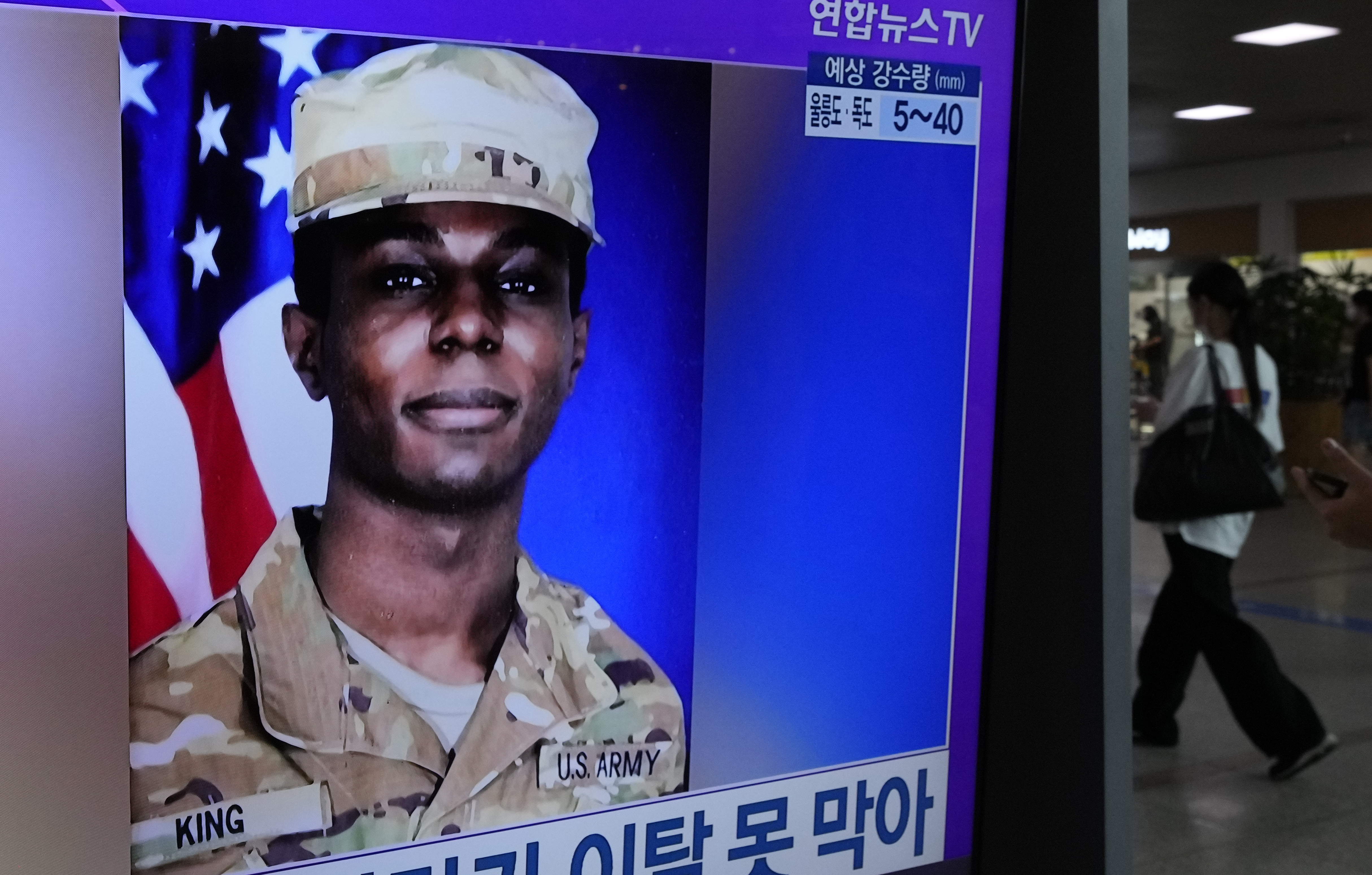
The Biden administration is extending for another year a ban on the use of U.S. passports for travel to North Korea, the State Department said Tuesday. The ban was imposed in 2017 and has been renewed every year since.
The latest extension comes as tensions with North Korea are rising over its nuclear and ballistic missile programs and the uncertain status of Travis King, a U.S. service member who last month entered the country through its heavily armed border.
“The Department of State has determined there continues to be serious risk to U.S. citizens and nationals of arrest and long-term detention constituting imminent danger to their physical safety,” the department said in a notice to be published in the Federal Register on Wednesday that was signed by Secretary of State Antony Blinken.
Get Tri-state area news delivered to your inbox.> Sign up for NBC New York's News Headlines newsletter.
The ban makes it illegal to use a U.S. passport for travel to, from or through North Korea, unless it has been specifically validated in the case of a compelling national interest. It will remain in place until Aug. 31, 2024, unless it is extended or rescinded.
The ban was first imposed during the Trump administration by former Secretary of State Rex Tillerson in 2017 after the death of American student Otto Warmbier, who suffered grievous injuries while in North Korean custody.
Warmbier was part of a group tour of North Korea and was leaving the country in January 2016 when he was arrested for allegedly stealing a propaganda poster. He was later convicted of subversion and was sentenced to 15 years in prison. Warmbier died in a Cincinnati hospital six days after his return to the U.S.
Humanitarian groups have expressed concern about the impact the initial ban and its extensions have had on providing relief to isolated North Korea, which is one of the world’s neediest countries.
There is no indication that King used a U.S. passport to enter North Korea when he crossed the border in July. The U.S. is seeking his return but has had limited success in querying North Korean officials about his case.
Last week, North Korea offered its first official confirmation of King's presence in the country, releasing a statement on Aug. 16 through its state media attributing statements to the Army private that criticized the United States.
There was no immediate verification that King actually made any of the comments. He had served in South Korea and sprinted into North Korea while on a civilian tour of a border village on July 18, and became the first American confirmed to be detained in the North in nearly five years.



